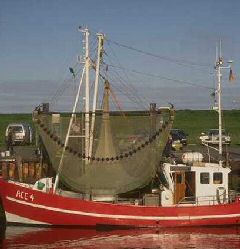
Warmer and less-oxygenated waters could see many fish species reduce in size by up to 20 percent over the next few decades, according to computer modeling carried out by University of British Columbia (UBC) scientists. Their study, published in the journal Nature Climate Change, included more than 600 species of fish from around the world. Maximum body weights were estimated to decline by 14 to 20 percent by 2050 with the tropics being one of the most impacted regions.
The new projections are the first to model the effects of oxygen supply on fish growth on a global scale. They are based on previous research carried out more than 30 years ago by Daniel Pauly, principal investigator with UBC’s “Sea Around Us” project and a co-author of the new study. Along with the evolutionary pressures created by commercial fishing regulations, the new computer simulations indicate that fish sizes are headed only one way.
“It’s a constant challenge for fish to get enough oxygen from water to grow, and the situation gets worse as fish get bigger,” explains Pauly. “A warmer and less-oxygenated ocean, as predicted under climate change, would make it more difficult for bigger fish to get enough oxygen, which means they will stop growing sooner.”
Pauly said the findings highlight the need to reign in greenhouse gas emissions and develop strategies to monitor and adapt to changes that we are already seeing, or we risk disruption of fisheries, food security and the way ocean ecosystems function.
“We were surprised to see such a large decrease in fish size,” added study lead author William Cheung, an assistant professor at the UBC Fisheries Centre. “Marine fish are generally known to respond to climate change through changing distribution and seasonality. But the unexpectedly big effect that climate change could have on body size suggests that we may be missing a big piece of the puzzle of understanding climate change effects in the ocean.”
Related:
Discuss this article in our forum
Rising CO2 levels creating crazy fish
Antidepressants in water induce autism-like gene expression in fish
Finally! Something that eats jellyfish
One-third of world’s fish catches being needlessly used as animal feed

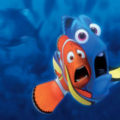


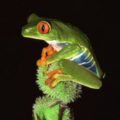

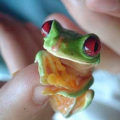


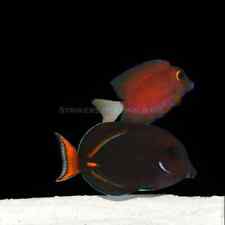
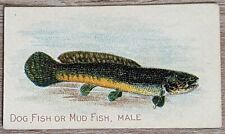
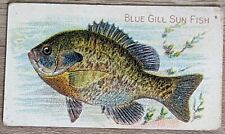

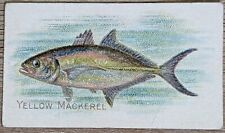

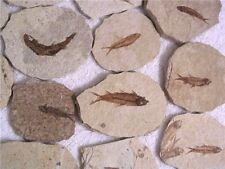
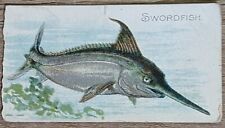
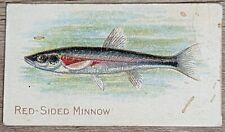
Comments are closed.